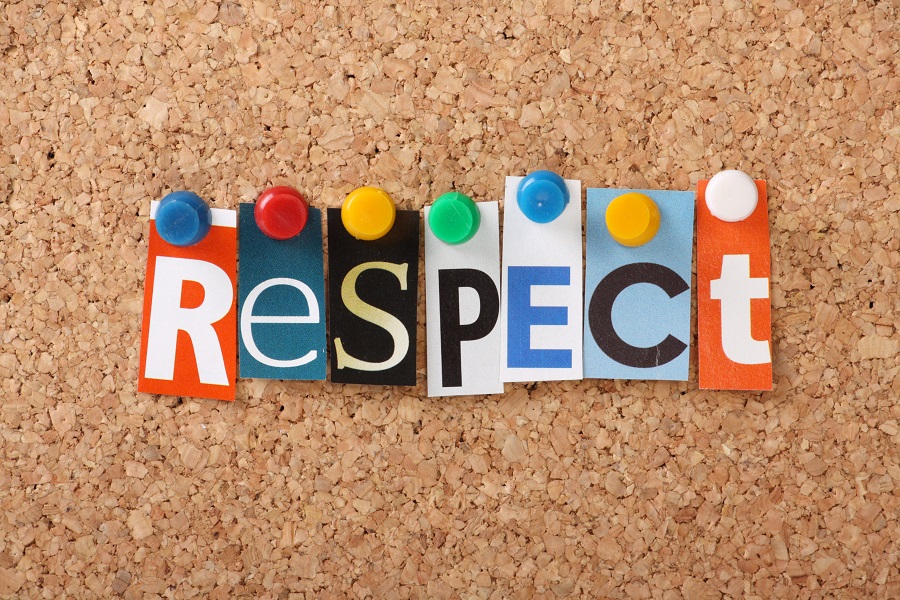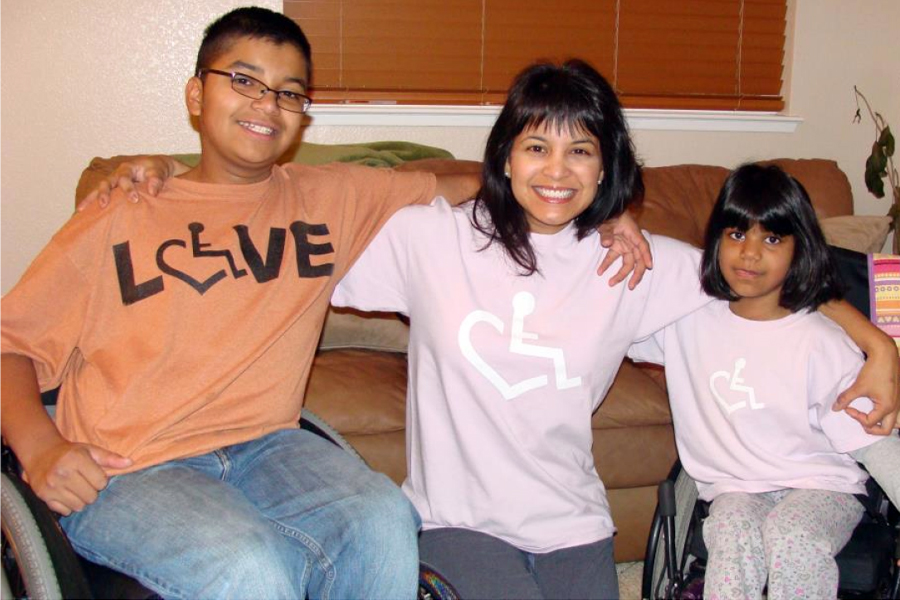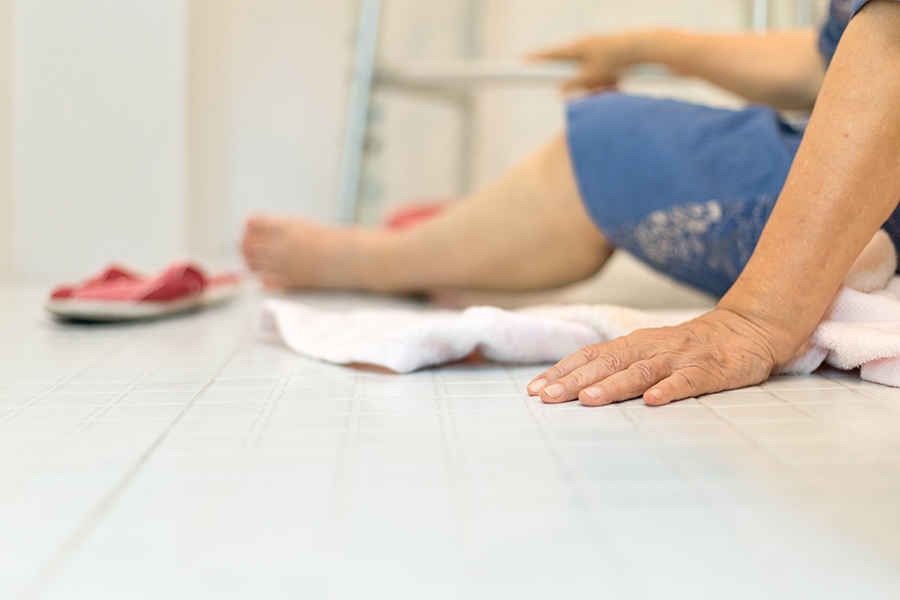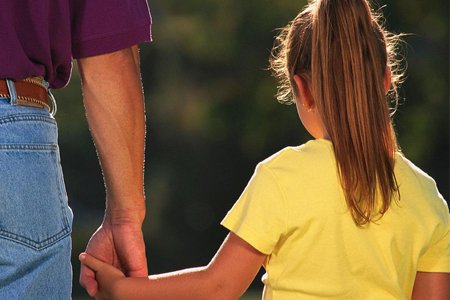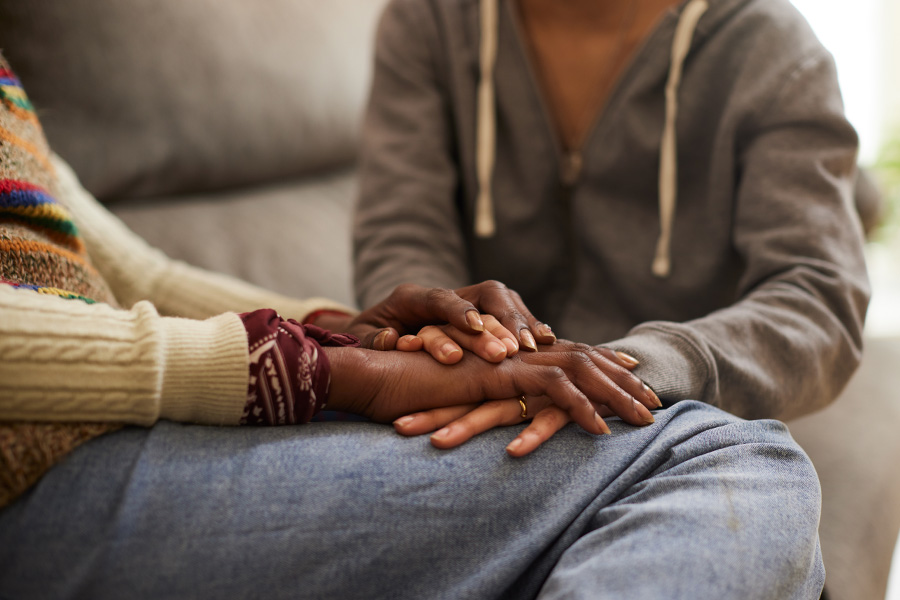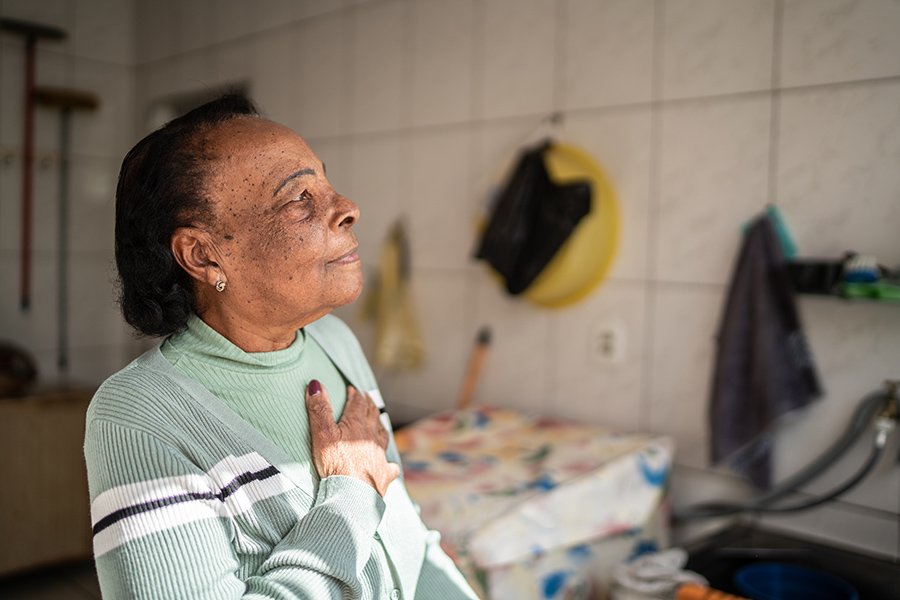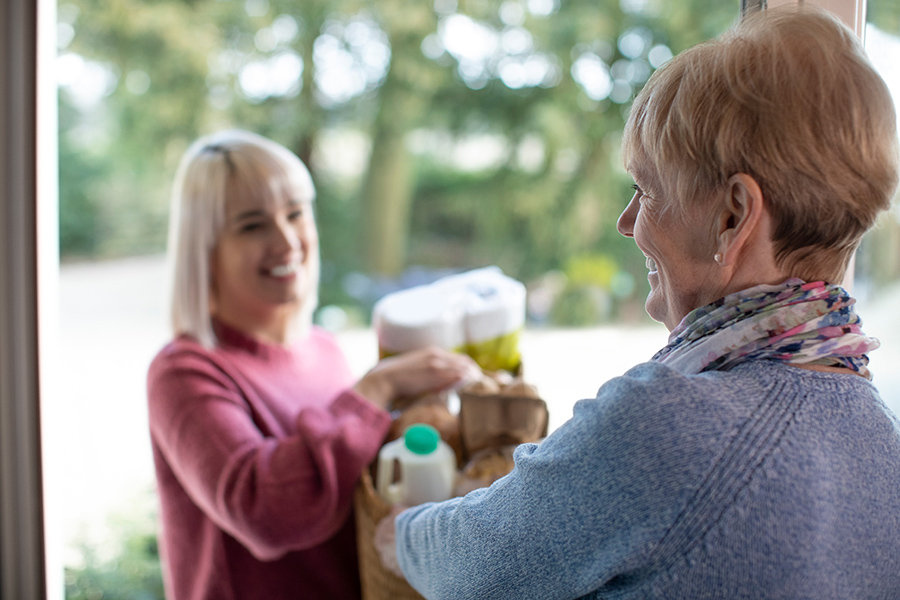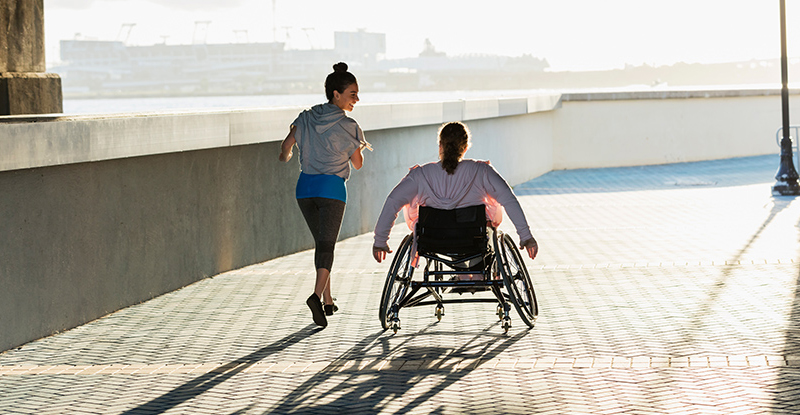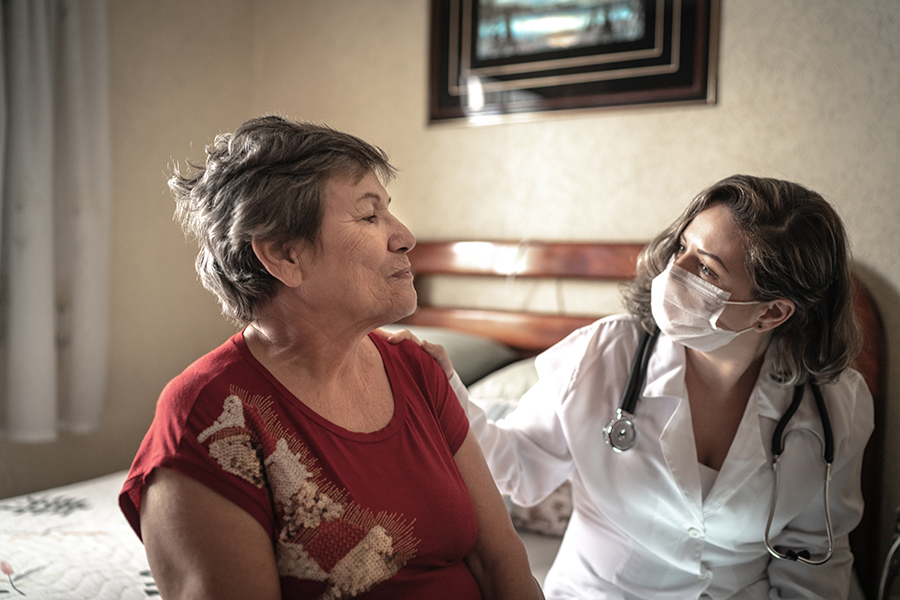How to Encourage Personal Privacy and Respect for Your Child as They Enter Adolescence
There is a system for how I send toileting supplies to my son Charlie’s school. Charlie has cerebral palsy and uses a wheelchair to move and a speaking device to communicate. Toileting is the responsibility of his aide and special education teacher. They write in his daily planner when to send more diapers, wipes, and a change of clothes. These materials are sent to the school in a discreet bag that is unpacked away from the other kids and stored in the table they use for changing.
I set up this system on my own. The school did not have one. Why didn’t the school have a way to discreetly send diapers and other changing items? They hadn’t thought of it. Why hadn’t they thought of it? Because despite the wonderous good things about this school and the special education department, none of the adults have a physical disability that would require a diaper-changing system or a previous student with one. They had simply never thought about it before Charlie. The truth is, unless you have to think about such things, most people won’t. And so, it’s up to your child or you as the caregiver to educate the community at large.
Charlie is ten now and quickly approaching puberty. We are on the cusp of something I want to navigate and teach him to navigate with great care and personal respect. Here are a few tips I have begun to implement:
Personal hygiene
- Clearly communicate your expectations for toileting and feeding to those in charge of your child at school or any other public arena such as summer camp, day camps, after school programs, etc. If diapers are required, make sure the supplies are stored out of sight of other children and the changing area has a decent level of privacy. This goes for field trips too. Do they have a plan when a change is necessary at the zoo or the museum or the theater? Do they travel with extra supplies? Make a list of any and all questions.
- Encourage your child to self-advocate. Help them communicate big things like when they need to use the restroom and when they are hungry. But also help them voice the small things too like when they want their mouth wiped or shirt brushed of crumbs or pants straightened. These details count.
- Meet your child at the intersection of their needs and independence and teach those around them to do the same. At home, this can mean transitioning your child to the bathtub for bathing, but allowing them to wash themselves. At school, this can also look like encouraging their aide to let them practice eating with a fork or spoon to the best of their ability during lunch even if it makes the lunchtime process longer. Put it in their IEP if necessary.
Personal respect and privacy
- Make sacred the space that is their own. Your child might require assistance transferring themselves in and out of bed, but they also need some space. This includes bedroom and bathroom doors that they can shut and easy access to their personal items.
- Make sacred the items that belong to your child as well. Let them and their class or other caregivers know what is off limits to all but them. You don’t let anyone run off with your favorite pen or rummage through your bathroom drawers without your permission. That goes for your child too.
- Make sacred their equipment. No one gets to touch the wheelchair, braces, gait trainer, speaking device or other aids without your child’s permission. These things are an extension of them, just as much a part of their body, and they deserve to be protected and respected. It can help to teach your child a phrase such as “This is my _______. Please do not touch unless I ask.”
- Make sacred their body. People see a kid in a wheelchair or with any medical equipment and they want to reach out. They want to pat a hand or a head. This is not okay. We pet dogs. We do not pet people. Educating strangers in public can be awkward, but it is necessary. Our children do not exist as inspiration for the able-bodied world. They are getting along just fine.
The goal in all this is to encourage independence in your child and to protect their privacy and foster personal respect at home and in the world. It’s vital process for any kid entering those beginning stages of adulthood.

Jamie Sumner is a special needs mom and author.
Jamie-Sumner.com
Author of the middle-grade novels:






